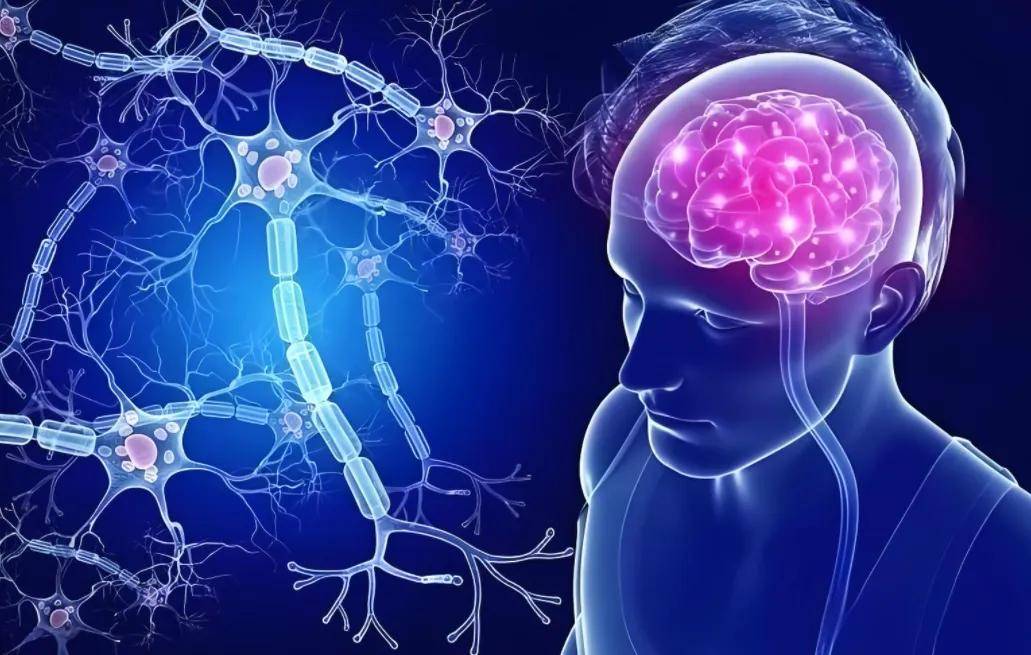Patients with motor neuron diseases do indeed tend to develop depression. This is mainly due to the multifaceted impact of motor neuron diseases on the quality of life and psychological state of patients, which can be summarized as follows:
1. Physiological Effects of the Disease Itself
Gradual loss of motor function: Motor neuron disease is a chronic progressive neurological disorder that primarily affects motor function. As the condition progresses, patients may experience unclear speech, difficulty swallowing, muscle weakness, muscle atrophy, and other issues, all of which can significantly reduce the quality of life for patients.
Decreased ability for self-care: Due to the loss of motor function, patients’ ability for daily self-care also gradually declines, making activities like dressing, eating, and bathing challenging, leading patients to feel helpless and discouraged.
2. Psychological and Social Factors
Reduced social participation: Due to limited motor function, patients may no longer engage in social activities as they did before, leading to feelings of loneliness and social isolation.
Increased financial burden: The treatment and rehabilitation of motor neuron diseases require a significant investment of time and money, placing a considerable economic strain on patients and their families.
Fear and anxiety about the future: Faced with the worsening condition and the unpredictable future, patients may experience intense fear and anxiety, worrying about becoming a burden to their families or even their own safety.
3. Relationship between the Nervous System and Emotion Regulation
Decreased levels of neurotransmitters: Studies have found that patients with motor neuron diseases have decreased levels of neurotransmitters such as dopamine and serotonin. These neurotransmitters play a crucial role in emotion regulation, and their reduction may lead to changes in patients’ emotion regulation function, making them more susceptible to psychological issues like anxiety and depression.
Damage to the central nervous system: Motor neuron disease not only affects the motor system but may also involve the central nervous system. Dopamine, serotonin, and other neurotransmitters in the central nervous system are closely related to emotion regulation, so damage to the central nervous system may also lead to patients experiencing psychological issues such as depression.
4. Coping Strategies
Regular assessment of mental health: For patients with motor neuron diseases, regular assessment of mental health is crucial. This helps in promptly identifying and addressing the psychological issues of patients to prevent further deterioration.
Seek professional psychological support: When necessary, patients should seek professional psychological support or treatment. Psychological counseling and therapy can help patients cope with psychological issues like anxiety and depression, thereby improving their quality of life.
Maintain positive social activities: Despite limitations in motor function, patients should strive to maintain positive social activities as much as possible. This can help alleviate feelings of loneliness and social isolation, thereby enhancing the quality of life.
In conclusion, patients with motor neuron diseases do tend to develop depression. This is mainly due to the physiological effects of the disease itself, a combination of psychological and social factors, and the relationship between the nervous system and emotion regulation. Therefore, while treating motor neuron diseases, attention should also be given to the mental health issues of patients, providing them with comprehensive support and care.


